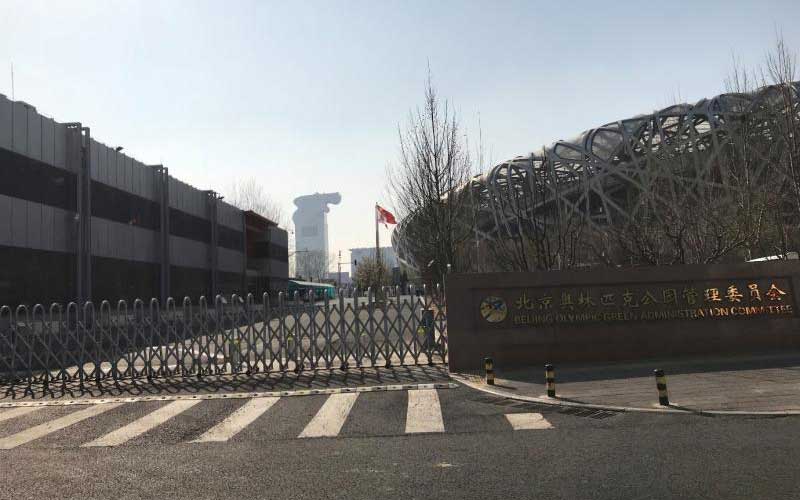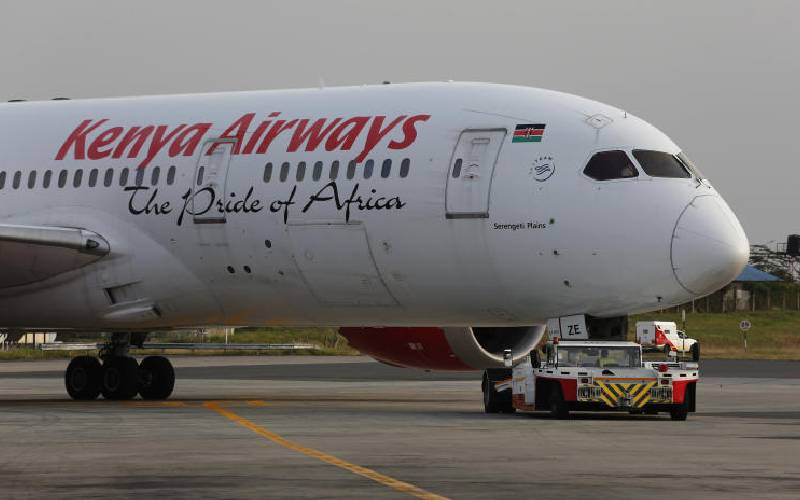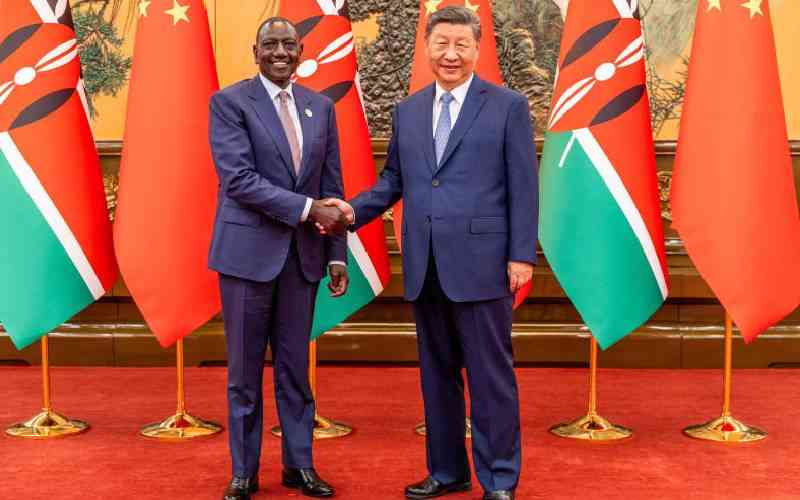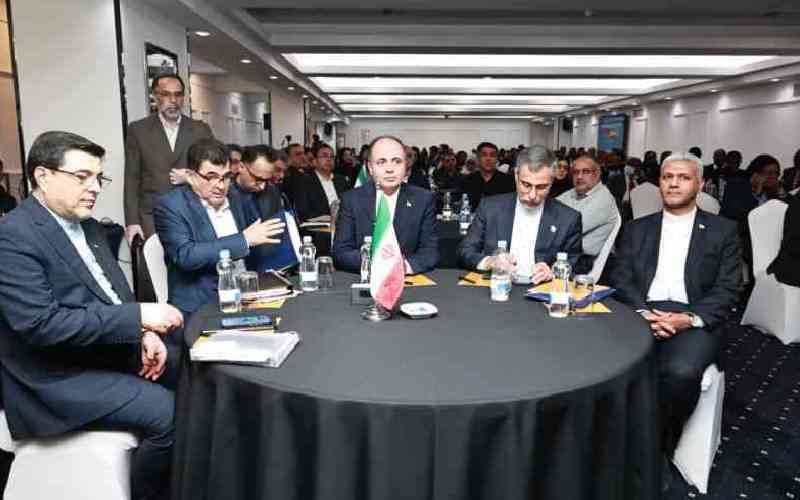×
The Standard e-Paper
Fearless, Trusted News

The seventh Tokyo International Conference on Africa Development (Ticad) took place in Yokohama, Kanagawa Prefecture in Japan on August 28-30, 2019.
The country has 47 prefectures, like our counties, each headed by an elected governor. Among the delegates is President Uhuru Kenyatta.







